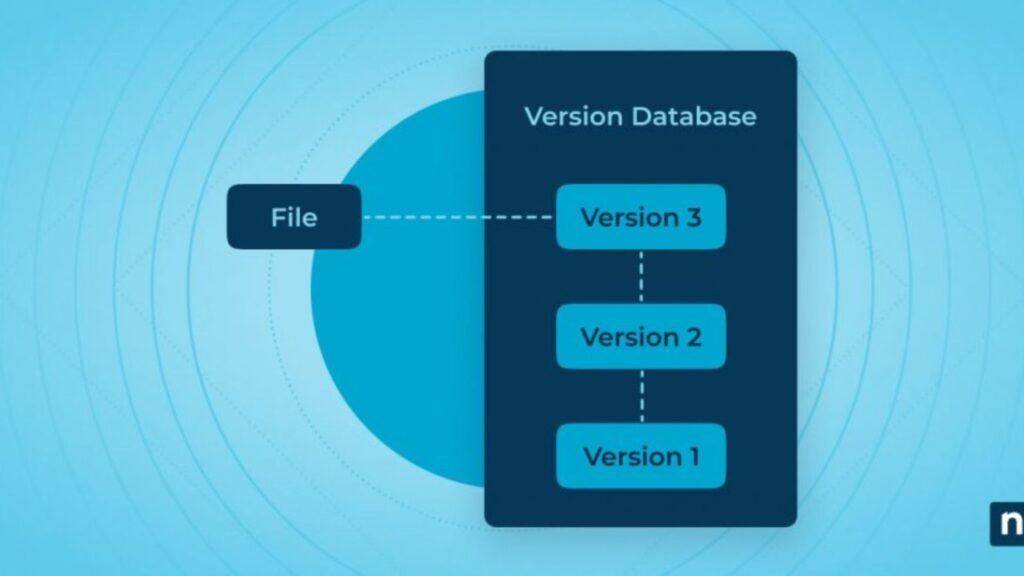Version Control Systems for Developers
- By -Daisy
- Posted on
- Posted in Web Development
Version Control Systems (VCS) are essential tools for developers, allowing them to manage code changes, track modifications, and collaborate with team members effectively. Whether you’re working on a solo project or part of a large development team, VCS are crucial for maintaining code quality, preventing errors, and ensuring a smooth development workflow. In this article, we’ll dive into the concept of version control systems, explore their importance, and discuss some of the best tools available for developers to adopt.

What is a Version Control System (VCS)?
A Version Control System (VCS) is a software tool that helps developers manage changes to source code over time. It tracks every modification made to the code, making it easier to review changes, revert to previous versions, and collaborate with other developers. By using a VCS, developers ensure that they have a reliable record of all code changes, which is particularly important for debugging, troubleshooting, and maintaining the project’s history.
There are two main types of version control systems:
- Distributed Version Control (DVCS): In distributed systems, each developer has a full copy of the repository on their local machine.
Why Version Control is Important for Developers
Version control is an essential practice in modern software development for several reasons:
- Code Collaboration: Version control allows multiple developers to work on the same codebase simultaneously without interfering with each other’s changes. Changes can be merged smoothly, reducing the chances of conflict.
- Track Changes: With VCS, every change made to the code is tracked, including who made the change, what was changed, and when it was changed. This historical record helps developers keep track of the code’s evolution and understand the context behind each modification.
- Backup and Recovery: A VCS acts as a backup for the entire codebase. If something goes wrong, you can always revert to a previous, stable version of the code, minimizing the risk of losing work.
- Branching and Merging: Developers can create separate branches to work on new features or bug fixes without affecting the main codebase.
- Improved Code Quality: By using version control, developers can conduct code reviews more easily, catch errors early, and ensure that the project remains stable throughout development.
Popular Version Control Systems for Developers
There are several version control systems available, each with its own strengths and use cases. Here are some of the most popular VCS tools used by developers:
Git
It’s a distributed version control system, meaning every developer has a complete copy of the project history on their local machine.
- Key Features of Git:
- Branching and Merging: Git allows developers to create branches for new features, bug fixes, or experiments and then merge those branches back into the main codebase when complete.
- Collaboration: Git integrates seamlessly with platforms like GitHub, GitLab, and Bitbucket, making it ideal for collaborative projects.
- Staging Area: Git uses a staging area to allow developers to carefully select which changes to commit, offering more control over the commit process
Subversion (SVN)
Apache Subversion (SVN) is a centralized version control system, meaning that there is one central repository that holds the project’s entire history, and developers check out a working copy of the project to make changes. While Git has surpassed SVN in popularity, SVN remains a solid choice for teams that need a centralized version control solution.
- Key Features of SVN:
- Centralized Repository: SVN uses a central server that contains the full history of the project, making it easier to control access and manage permissions.
- Use Case: SVN is ideal for teams that need centralized control over the project and prefer a simpler version control system for managing code changes.
Conclusion
Version control systems are indispensable tools for modern software development. They help developers collaborate efficiently, manage code changes, and maintain a history of the codebase. Whether you choose Git, SVN, Mercurial, or Perforce, understanding and using version control effectively is crucial for ensuring smooth development workflows and high-quality code. By adopting best practices, developers can keep their projects organized, prevent issues, and streamline the overall development process.



